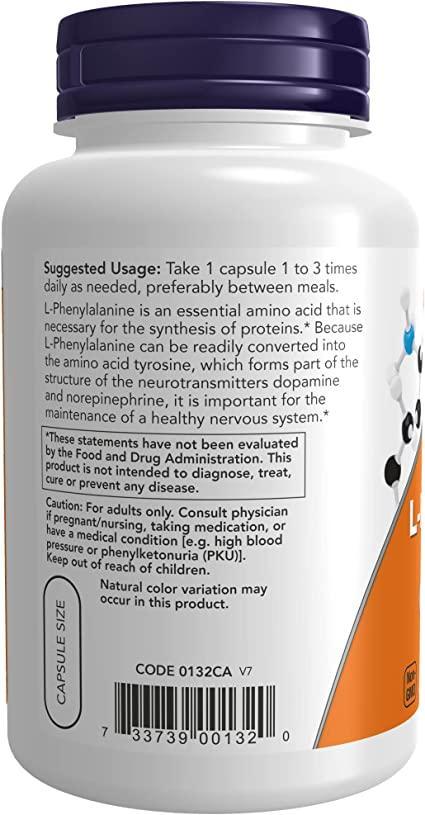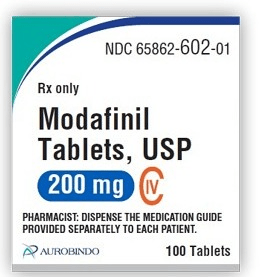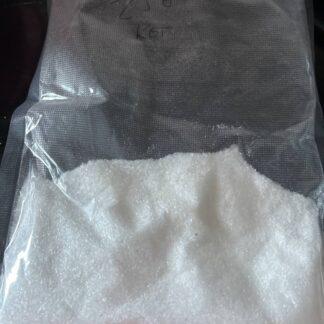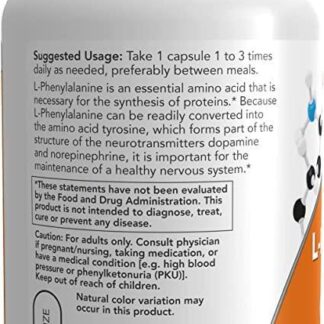Description
Phenethylamine drugs, also known as PEA, is a naturally occurring compound that acts as a neurotransmitter and neuromodulator in the human brain. It plays a crucial role in regulating mood, cognition, and overall mental well-being. If you are interested in keeping Phenethylamine levels optimized, there are several factors to consider. In this comprehensive guide, we will explore various strategies to help maintain healthy Phenethylamine levels.1. Diet:
Maintaining a balanced diet is essential for supporting optimal Phenethylamine levels. Certain foods contain precursors or cofactors that contribute to the production and availability of Phenethylamine in the brain. Here are some dietary recommendations:
a) Protein-rich foods: Phenethylamine is synthesized from the amino acid phenylalanine, which is found in protein-rich foods such as meat, fish, eggs, dairy products, legumes, and nuts. Including these sources in your diet can provide an adequate supply of phenylalanine for Phenethylamine synthesis.
b) Tyrosine-rich foods: Tyrosine is another amino acid involved in the production of Phenethylamine. Foods like chicken, turkey, soy products, almonds, avocados, bananas, and pumpkin seeds are rich sources of tyrosine.
c) Vitamin B6: This vitamin plays a crucial role in converting phenylalanine and tyrosine into Phenethylamine. Foods like fish, poultry, potatoes, bananas, and spinach are good sources of vitamin B6. Phenethylamine drugs
d) Cofactors: Certain nutrients act as cofactors in the conversion of phenylalanine and tyrosine into Phenethylamine. These include iron, copper, magnesium, and vitamin C. Incorporating foods rich in these nutrients can support optimal Phenethylamine levels. Phenethylamine drugs.
2. Exercise and Physical Activity:
Regular exercise has been shown to have a positive impact on neurotransmitter levels in the brain, including Phenethylamine. Engaging in physical activity stimulates the release of endorphins, dopamine, and other neurotransmitters, which can enhance mood and overall well-being. Aim for at least 30 minutes of moderate-intensity exercise most days of the week to promote healthy Phenethylamine levels.Phenethylamine drugs
3. Stress Management:
Chronic stress can deplete Phenethylamine levels in the brain. Implementing effective stress management techniques can help maintain optimal Phenethylamine levels. Here are some strategies: Phenethylamine drugs
a) Mindfulness and meditation: Practicing mindfulness and meditation techniques can reduce stress and promote a sense of calmness, which may positively impact Phenethylamine levels. Phenethylamine drugs
b) Adequate sleep: Getting enough quality sleep is crucial for overall brain health. Sleep deprivation can lead to imbalances in neurotransmitter levels, including Phenethylamine. Aim for 7-9 hours of uninterrupted sleep each night. Phenethylamine drugs. featured in the disease month journal
c) Stress reduction techniques: Engage in activities that help you relax and unwind, such as yoga, deep breathing exercises, or engaging hobbies. These activities can lower stress levels and support healthy Phenethylamine production. clinical effects, effects clinical. synthetic designer drugs are featured
4. Supplementation:
In some cases, dietary changes and lifestyle modifications may not be sufficient to maintain optimal Phenethylamine levels. In such instances, supplementation may be considered under the guidance of a healthcare professional. Some supplements that may support Phenethylamine production include: Phenethylamine drugs
a) Phenylalanine supplements: Phenylalanifeatured in the diseaseamonth journalne is an amino acid precursor to Phenethylamine. Supplementing with phenylalanine may increase the availability of this neurotransmitter. Phenethylamine drugs
b) Tyrosine supplements: Tyrosine is another amino acid involved in the synthesis of Phenethylamine. Supplementing with tyrosine may support healthy Phenethylamine levels. Phenethylamine drugs
c) Vitamin B6 supplements: As mentioned earlier, vitamin B6 is essential for converting phenylalanine and tyrosine into Phenethylamine. Supplementing with vitamin B6 may support optimal Phenethylamine production.
Conclusion:
Maintaining healthy Phenethylamine levels is crucial for overall brain health and well-being. A balanced diet, regular exercise, stress management techniques, and supplementation when necessary can all contribute to supporting optimal Phenethylamine levels. It is important to consult with a healthcare professional before making any significant changes to your diet or starting any new supplementation regimen. Phenethylamine drugs
Phenethylamine, also known as β-phenylethylamine or PEA, is a naturally occurring compound that belongs to the class of organic compounds called phenethylamines. It is a monoamine alkaloid that is structurally similar to amphetamine and other related compounds. Phenethylamine is found in various plants and animals, including humans, where it acts as a neurotransmitter and neuromodulator.
Phenethylamine plays a crucial role in the central nervous system, where it functions as a neurotransmitter by transmitting signals between nerve cells. It is involved in regulating mood, cognition, attention, and various other physiological processes. In addition to its role as a neurotransmitter, phenethylamine also acts as a neuromodulator, meaning it can modulate the activity of other neurotransmitters in the brain.
Phenethylamine is synthesized in the body through the decarboxylation of the amino acid phenylalanine by the enzyme aromatic L-amino acid decarboxylase. It can also be obtained from dietary sources such as chocolate, which contains small amounts of phenethylamine. However, the levels of phenethylamine obtained from dietary sources are relatively low compared to endogenous production.
Phenethylamine exerts its effects by binding to and activating various receptors in the brain. One of the primary targets of phenethylamine is the trace amine-associated receptor 1 (TAAR1), which is widely distributed throughout the brain. Activation of TAAR1 by phenethylamine leads to an increase in intracellular levels of cyclic adenosine monophosphate (cAMP), which triggers a cascade of signaling events that ultimately modulate neuronal activity.
The effects of phenethylamine on the central nervous system are diverse and complex. It has been reported to induce feelings of euphoria, increased energy, improved focus and concentration, enhanced mood, and heightened sensory perception. These effects are thought to be mediated by the release of various neurotransmitters, including dopamine, norepinephrine, and serotonin.
Phenethylamine has also been implicated in the regulation of appetite and weight control. It is believed to act as a natural appetite suppressant by increasing the release of norepinephrine, which reduces hunger and promotes satiety. This property has led to the development of phenethylamine-based weight loss supplements.
In addition to its effects on the central nervous system, phenethylamine has been studied for its potential therapeutic applications. Research suggests that it may have antidepressant, anti-inflammatory, and neuroprotective properties. However, further studies are needed to fully understand the mechanisms underlying these effects and to determine their clinical relevance.
It is important to note that phenethylamine can have both positive and negative effects on the body and mind. While it can enhance mood and cognitive function when used in moderation, excessive or prolonged use of phenethylamine can lead to adverse effects such as anxiety, restlessness, insomnia, and increased heart rate. Individuals with certain medical conditions or those taking medications should exercise caution when using phenethylamine or any related compounds.
In conclusion, phenethylamine is a naturally occurring compound that plays a crucial role in the central nervous system as a neurotransmitter and neuromodulator. It is involved in regulating mood, cognition, attention, and various other physiological processes. Phenethylamine exerts its effects by binding to and activating receptors in the brain, leading to the release of neurotransmitters and modulation of neuronal activity. While it has potential therapeutic applications, its use should be approached with caution due to its potential for both positive and negative effects.
- phenethylamine designer drug review
- classes of synthetic designer drugs
- c phenethylamine designer drug
- phenethylamine potential
- emerging drugs of abuse








Reviews
There are no reviews yet.